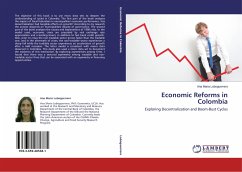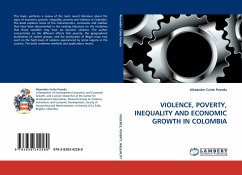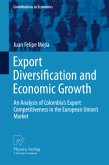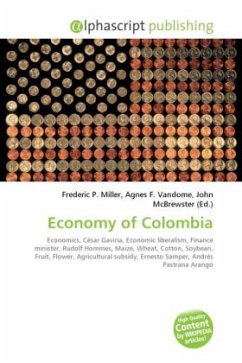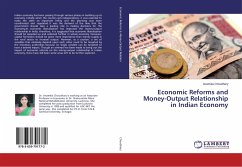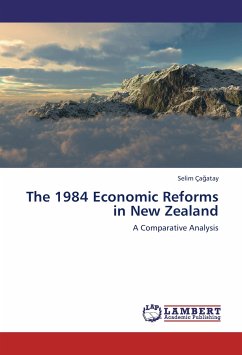The objective of this book is to use micro data sets to deepen the understanding of cycles in Colombia. The first part of the book analyzes the impact of fiscal federalism in municipalities' economic performance. Has decentralization had tangible effects on growth? According to my research the answer depends on municipalities' degree of governance. The second part of the book analyzes the causes and explanations of 1998 crisis. In the model used, economic crises are preceded by real exchange rate appreciation and a lending boom, in addition to fast bank credit growth. Also, prior to crises the non-tradable sector grows faster than the tradable one, and in the aftermath of crises, the non-tradable sector experiences a sharp fall while the tradable sector experiences an acceleration of growth after a mild recession. The latter model is consistent with macro data observed in Colombia. This study also used a micro data set to document the existence of this mechanism. By exploring asymmetries among firms, I found that there was a sectorial asymmetry among tradable and non-tradable sector firms that can be associated with an asymmetry in financing opportunities.
Bitte wählen Sie Ihr Anliegen aus.
Rechnungen
Retourenschein anfordern
Bestellstatus
Storno

